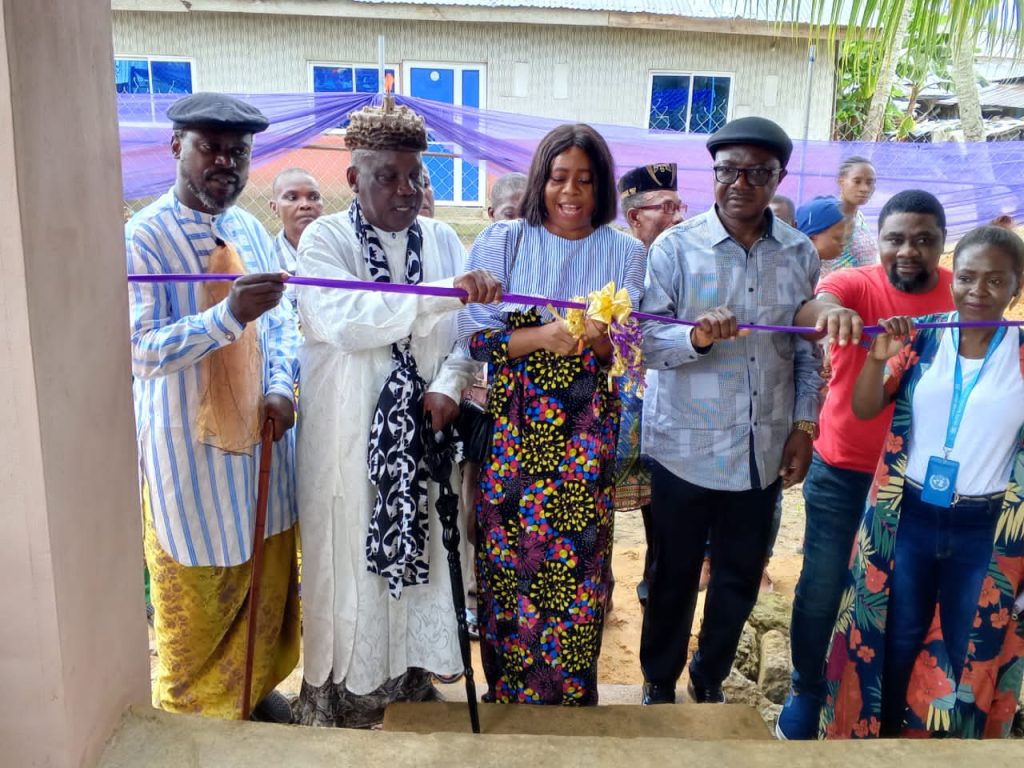By Christian Njoku
Care for Social Welfare International, (CASWI) has established a five ton per hour garri processing mill for selected Cameroonian refugee women in Calabar.
The initiative which was implemented by CASWI with funds from Women Peace and Humanitarian Fund (WPHF) and technical support from UN Women was titled “women household empowerment project.”
Inaugurating the plant on Tuesday in Calabar, Mrs Eyoawan Otu, Wife of the governor of Cross River said that the initiative was beautiful adding that it was all about the women.
Represented by Dr. Inyang Asibong, Special Adviser to Gov. Bassey Otu on Gender Mainstreaming, she said the plant was teaching the women to fish and not just given them fish.
Read Also: Again, court adjourns hearing in GADA vs NUC, UNICAL, Obi, Ndifon case
“This is an economic empowerment and economic sustainability for the women and we really appreciate CASWI for the project while hoping they do more.
“The women have mentioned some of their challenges and areas that can make the project even better for them, so, I call for more support so that this project can be scaled-up,” she said.
On his part, His Highness Esimfam Kasuk Efficient Ntiero, Village Head of Kasuk community in Calabar Municipality, where the plant is located said he had to donate the land for the project because he believed in the empowerment of women in the society.
Ntiero said his father did something similar so many years ago when he donated a parcel of land to the government to build a hospital which did not only serve his community but all the neighbouring communities too.
“This project is important because we have to start helping people, if we don’t, we would be making our society more unsafe as we see today with the growth of street children popularly called “Skolombo” for the boys and “Alakasera” for girls,” he noted.
One of the beneficiary, Mrs Esther Akun, a Cameroonian Refugee and a cassava farmer said she was very grateful for the project as she could now harvest her cassava from her farm and easily process it in the plant.
While appreciating CASWI for the project, she appealed for a truck to be provided for the women to enable them transport their cassava from the farms to the plant and also a borehole in the plant for constant water supply.
“Paying trucks to move cassava from the farms to the plant is very expensive, the women will not be able to afford it, constant water is also needed for easier washing of the cassava and very importantly a toilet around the plant for the women to ease themselves,” she said.
Speaking on the project, Mr Ifeanyi Damian said the project was borne out of the desire to ensure financial independence for selected refugee women which would increase their voices and participation in peace building and economic recovery in their host communities.
Damian appealed to other stakeholders to support the initiative and the women who had been divided into three separate groups with starter kits such as raw cassava besides the ones to be provided by CASWI.
(NAN)


